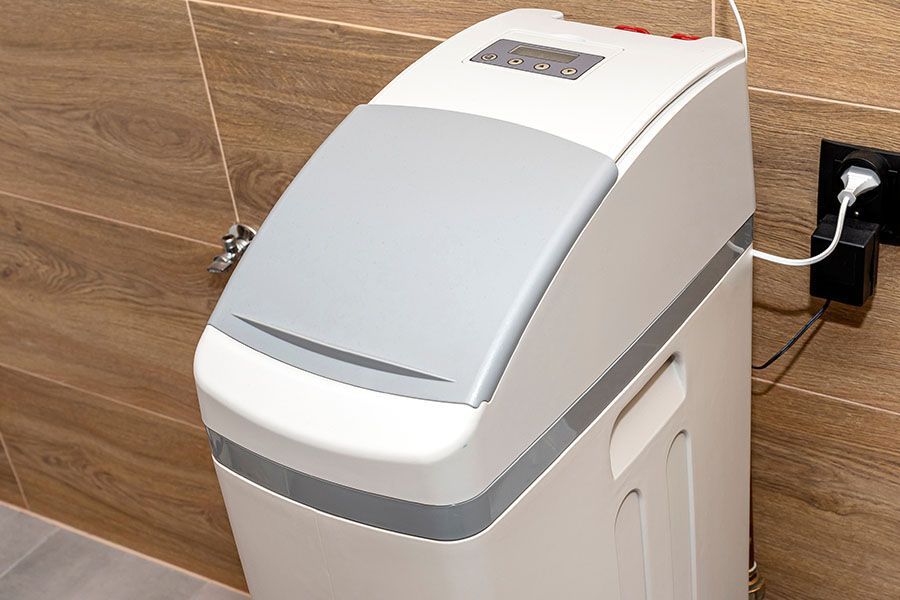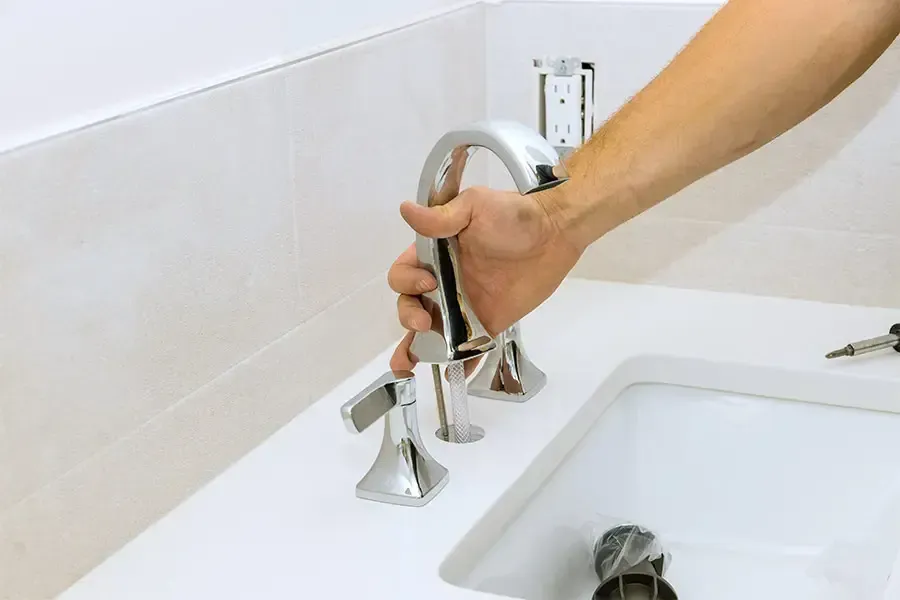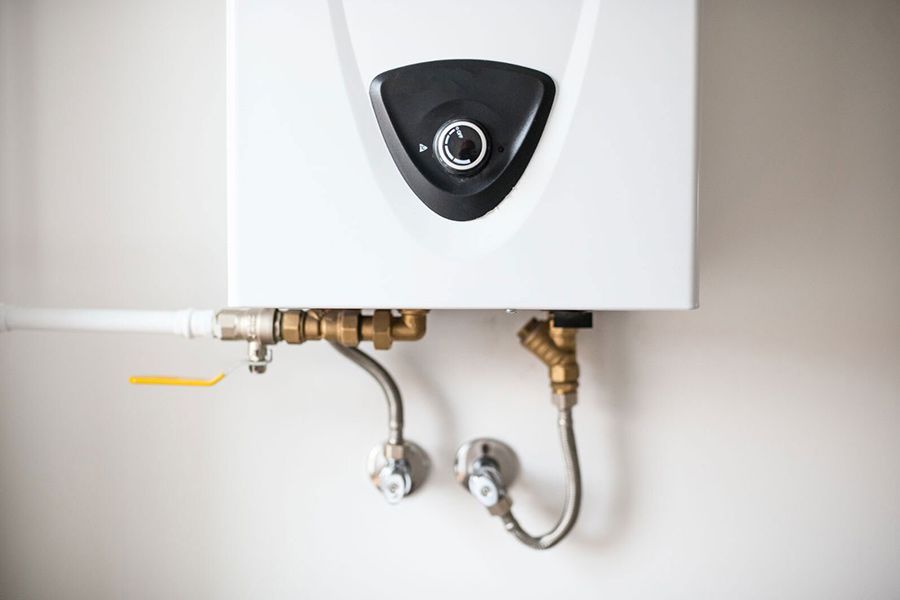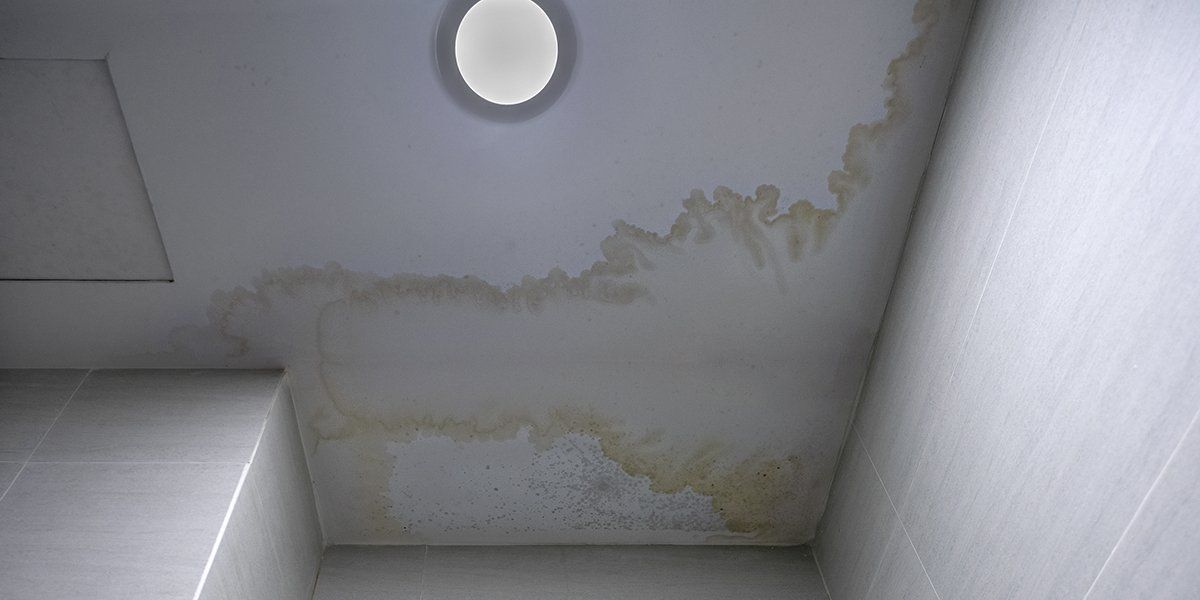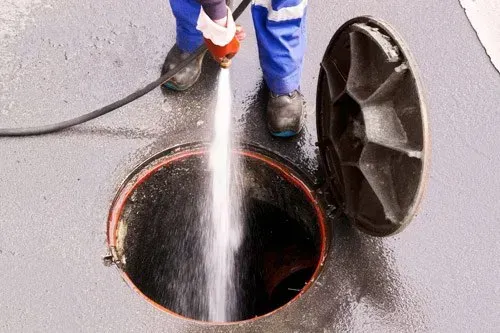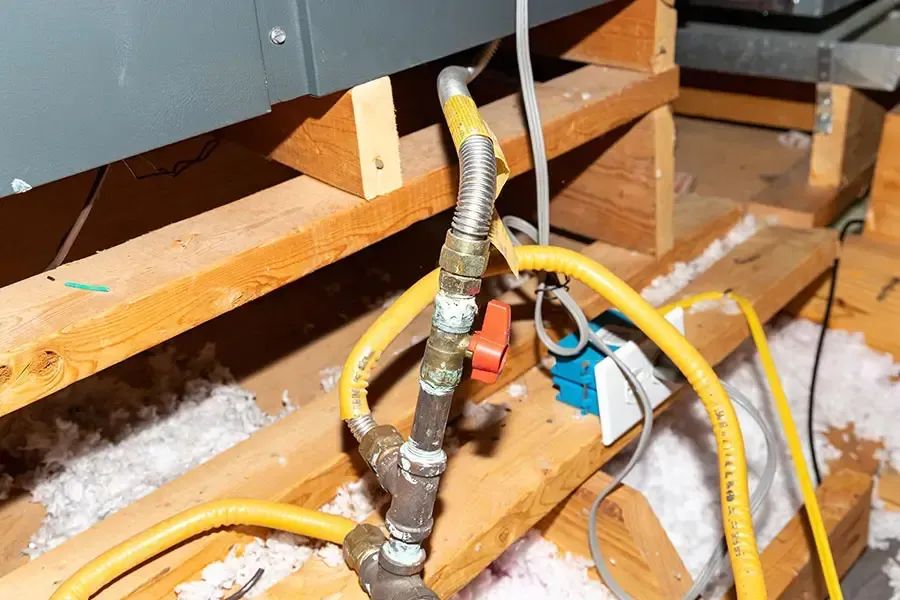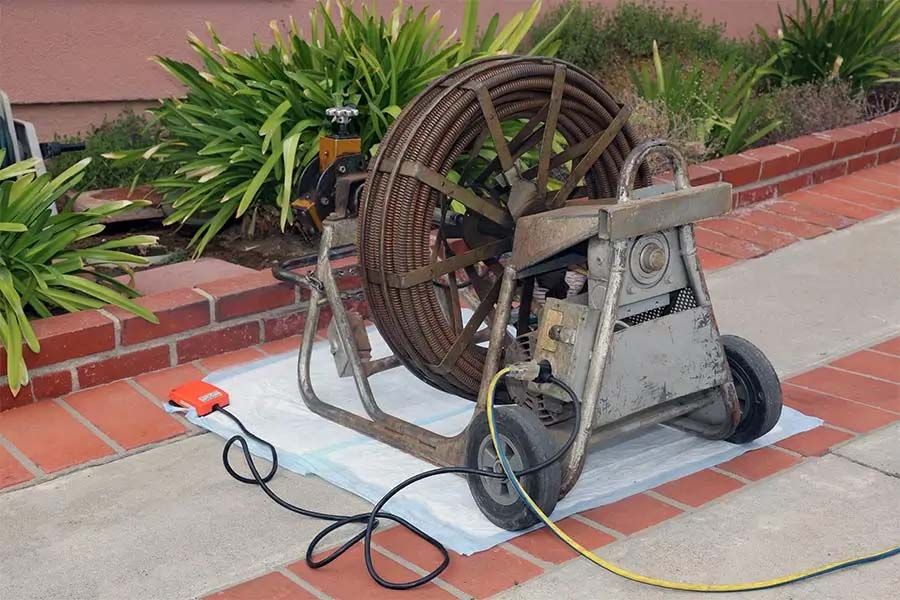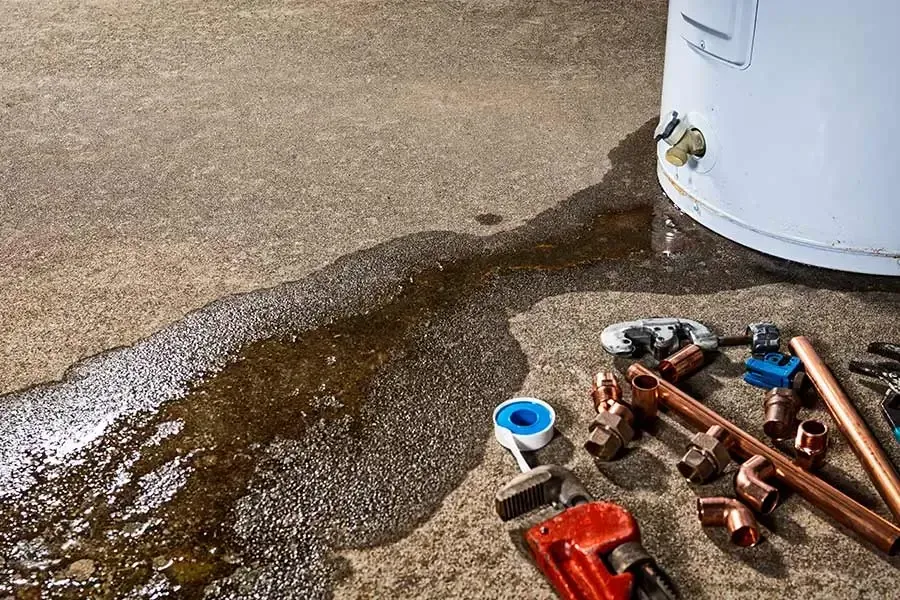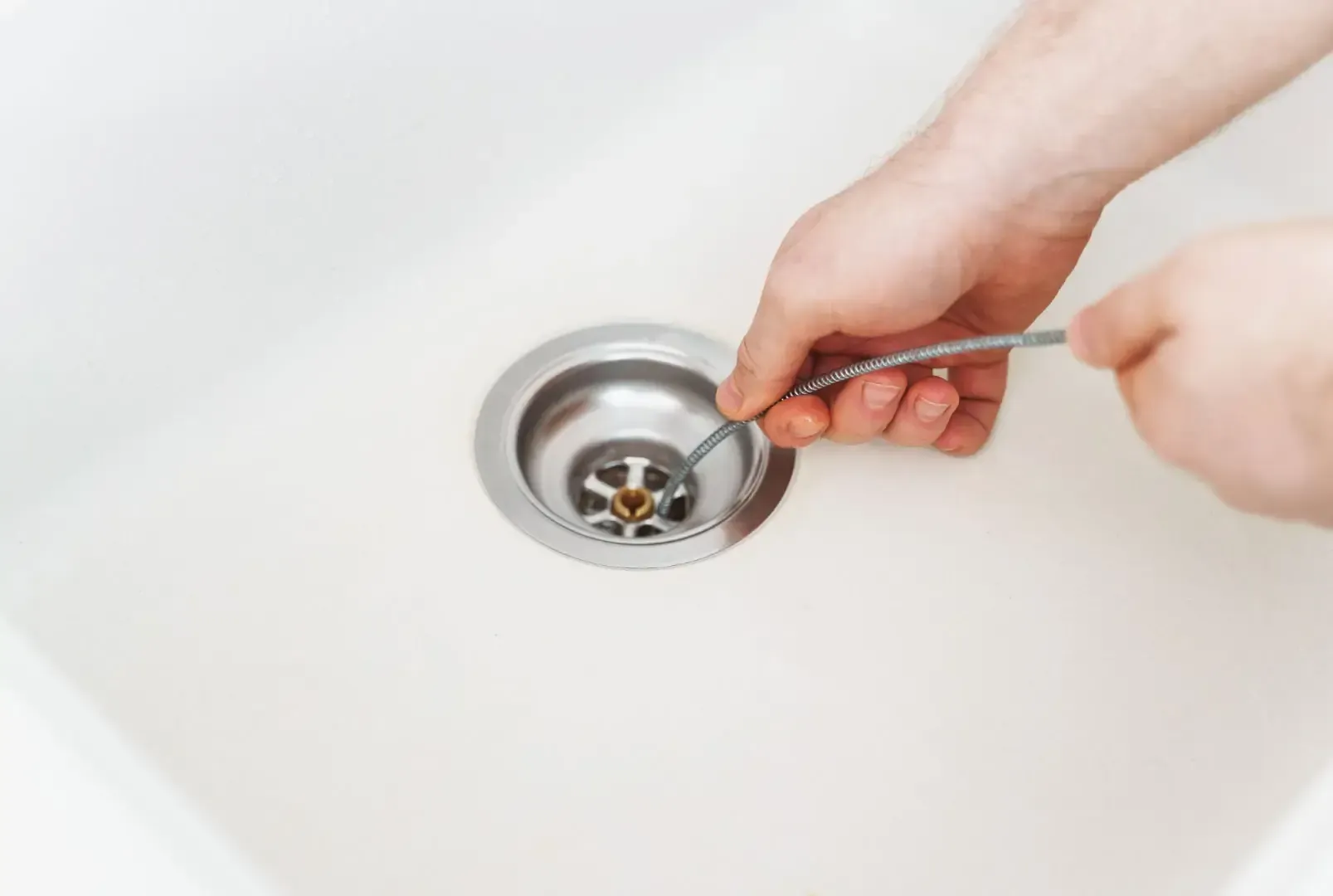How to Hire a Plumber: 8 Things to Consider
Obtaining the best plumbing services in Wickliffe, OH, starts by calling Formica Plumbing and Sewer Co. at (440) 485-3850!
Anyone who has experienced plumbing issues understands the importance of hiring a professional. While a plunger from the hardware store can prevent some problems, many plumbing issues require experts.
Knowing how to hire a plumber is more challenging than searching "Plumber near me." Eight considerations exist, which this guide will explore to help you decide what company to call for professional plumbing repair in Wickliffe, OH.
1. The Necessary Qualifications and Credentials
In Ohio, a plumber must carry the necessary licenses and credentials to legally perform plumbing work. Not every state requires this, but even in Ohio, unqualified contractors can slip through the cracks and entice customers with lower prices.
While plumbing work performed by an unlicensed contractor in Ohio is usually under the table, you may hire an unlicensed contractor without realizing it. You should always ask for the proper credentials before choosing a reputable plumber.
You should also avoid hiring an unlicensed plumber or performing work yourself. While you can save money at first, you risk further damaging your plumbing system or voiding your warranties.
2. Years of Experience
Just because a business has more years of experience doesn't necessarily mean its service quality is better than a company that opened last year. However, in most situations, more years of experience translate into higher-quality work.
Exceptions to this rule always exist, but you typically should choose a company bringing at least a few years of business experience.
Many years of experience typically indicates a thriving business, and other factors, like good reviews, can help you compare companies.
Knowing how to hire a plumber also means looking at individual contractors and their experience levels. Plumbers may work as apprentices or as independent contractors themselves before working full-time for a company.
A company may have ten years of business experience but have contractors with 20 years or more of plumbing experience.
3. Positive Reviews
In today's digital world, consumers research a company online before deciding which product or service they want. This process is no different for plumbing companies, making it essential to check out the online reviews of a business.
A plumbing company with more positive reviews generally indicates better services. You should also read negative reviews and determine if such negativity is warranted.
For example, there's a big difference between a customer giving a negative review because a contractor showed up 15 minutes late or because a contractor overcharged a customer or damaged their home.
Whether a negative review seems to accurately reflect a company's profile or not, check to see how the business responds. A professional business responds positively to criticism and strives to provide a solution when applicable.
4. References
Reading online reviews is a great way to narrow your search, but knowing how to hire a plumber often starts with references.
References can come from trusted sources like your family, friends, neighbors, and co-workers. You can also directly ask a plumber for references. A plumbing professional should never shy away from providing you with references from satisfied clients.
5. Quotes and Pricing
Cost always plays a role when selecting a plumber or plumbing company. You should gather quotes from different plumbing services in the area and compare them.
Be sure any plumbing quote includes costs like labor, materials, taxes, or other factors. You also want to check that these free estimates won't have any hidden fees added down the road.
You should never hire a plumbing company because they provide the cheapest quote. Likewise, you shouldn't assume the most expensive quote indicates a higher-quality service.
Instead, look for a price that's fair and competitive from a team that demonstrates next-level quality.
6. They Are Licensed and Insured and Will Work with Your Homeowner's Insurance Policy
Any reputable plumbing company provides insurance in case something happens.
Even the best plumbing company can't always guarantee problems won't occur, like water damage when dealing with a broken pipe. However, by working with an insured plumbing company, you obtain coverage should damage occur.
Depending on the situation, your homeowner's policy may cover plumbing repairs. Your homeowner's policy won't cover damage due to natural wear and tear or failure to properly maintain your system. Your policy may, however, cover extreme weather-causing plumbing or sewage issues.
Ask if a plumber or company works with your insurance company. If they do, they may offer to work directly with your insurance company, ensuring the best deal for your plumbing repair or installation.
7. Compliance Certification and Workmanship Warranty
An area or property often needs to follow certain regulations that can differ from state or national requirements. Therefore, a plumber should provide you with a compliance certification illustrating that your project complies with local plumbing codes and regulations.
A professional plumbing service should also provide a workmanship warranty of at least six months.
8. Emergency Plumbing Services
Homeowners asking, "How to hire a plumber?" may not need emergency services. However, many homeowners prioritize working with the same plumbing company for their needs.
Ideally, regular maintenance and repairs prevent the need for emergency plumbing services, but accidents and disasters can still happen—and dealing with a busted pipe during winter is a nightmare. When choosing a licensed plumber, ask if they provide emergency services.
Choosing the correct plumbing service means building a long-lasting relationship versus a one-off service call.
Call Our Top-Notch Plumbing Service Company Today
Knowing how to hire a plumber for your Wickliffe, OH, home enables you to find the most qualified person for the job. Our Formica Plumbing and Sewer Co. company brings over 50 years of experience providing top-notch plumbing to the community.
From minor leaks to massive sewage issues, we handle it all and are happy to assist residential and commercial clients.
Wickliffe, OH, residents can call our team at (440) 485-3850 today to see why we're the best plumbing company in the area!
